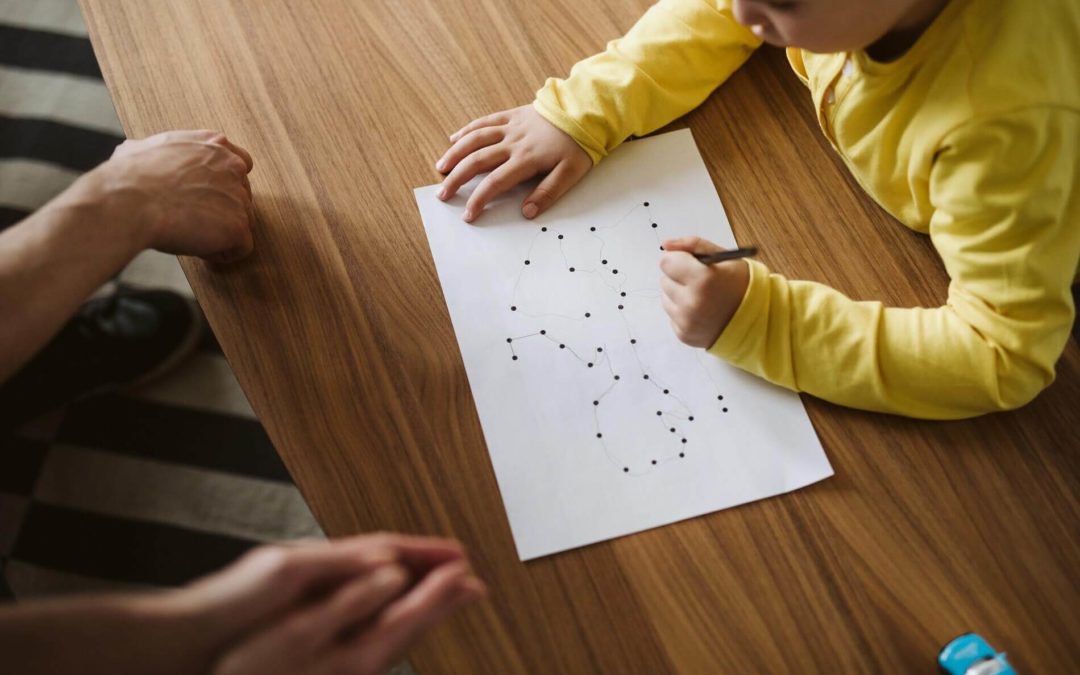This post covers an important and essential piece of a developmental approach: it’s only as good as its implementation. This can be said for many things in life: diets, educational interventions, training goals, travel plans, etc., but in a developmental approach implementation really is everything.
The Basic Elements
The last few posts have talked about some general concepts that define the developmental approach:
- It is Relationship-based
- It takes into account each child’s unique Individual differences
- It focuses on development rather than behaviour
- All behaviour is interpreted as communication
- It is play-based
- We remain attuned to the child in all interactions
Everything we do in a developmental approach such as DIR/Floortime requires that these concepts are not only understood, but lived each and every day.
The Integrity of the Approach
When we are aiding and supporting vulnerable children, we must understand how sensitive they are to our influence. This goes for parenting and caregiving in general.
The example we set, the way we engage and interact with the children in our care and with others in their presence, and the assumptions we make about who they are and their capabilities impacts them.
Yet, none of us are perfect. We will inevitably let ourselves down if we aim to be that perfect care provider 24/7. That is not what is meant here by integrity.
Rather, what is your philosophy about your role and about your child’s role? Behaviour? Discipline? Emotions? Differences between children?
Where you stand on these key concepts will dictate where you will go in your less-than-perfect moments.
Integrity means that the way we are while applying DIR/Floortime is the way we are in our interactions every other time of the day as well.
We protect the trust and safety that comes with a good Relationship because it is so fragile and can so easily be broken.
The Implementation
To implement a successful developmental approach like DIR/Floortime, all your ducks must be in order:
- You do not impose an agenda on the child. Instead you meet the child where they are at developmentally and invite out their potential by watching, waiting, wondering.
- You get to know your child and respectfully honour who they are by accepting them and their individual differences that make them unique.
- You must really believe that children learn through play within relationships with loving, warm, nurturing primary caregivers.
- You must know that your child’s undesirable behaviour is not malicious or spiteful, and that they want to interact with you–even if it doesn’t seem like it to you. “If they could, they would, but they can’t, so they don’t“.
- You absolutely have to let go of ‘learning skills’ and ‘compliance’ for the sake of a sense of control, and rather embrace the natural process of development. This means you focus on what is emotionally meaningful to the child and use that interest to help facilitate their developmental, all while respecting their individual differences.
It’s really about your mindset and beliefs. If they are in line with the aforementioned developmental approach principles, the rest will come easily. Head to the Start Here link, and begin your process. Implementing it in the way it is intended is the precursor to its success!
Here is a wonderful presentation about DIR/Floortime and how it is implemented with Relationship in mind, with behaviour as Communication in mind, with Play in mind, with Development in mind, and with Attunement in mind.
Rosemary White is an occupational therapist and DIR Expert Training Leader practicing in the Seattle area. My favourite quote from this video is “Floortime is not just playing with toys, but it’s really thinking about that emotional journey of the child and giving the child a sense of who they are.”
Did today’s post make sense to you? Do you understand how essential it is to be in the developmental approach mindset in order to implement DIR/Floortime with success? If so, please Share this post on Facebook and/or Twitter below. Do you have any anecdotes about straying from the developmental mindset in your developmental approach, and how that backfired? Do you have any stories to share about the success of your implementation? If so, please Comment below.
Until next time… here’s to affecting autism through playful interactions!





Another great post!
I agree with you. The most difficult part is the beginning because we, as parent/caregiver, should change our mindset and beliefs. Today we have research that supports what I believed was right for my son.
Relationality, intentionality and reciprocity with individual differences in mind.
I believe patience is also crucial for success. We might spend months on lowest levels before making any significant progress. Being patient and persistent on the approach is the key.
Parent and caregivers need guidance and coaching from expert therapists to stay on track and improve their technique in play to meet the child’s need. Parent supports groups are helpful too.
Thank you for this wonderful blog.